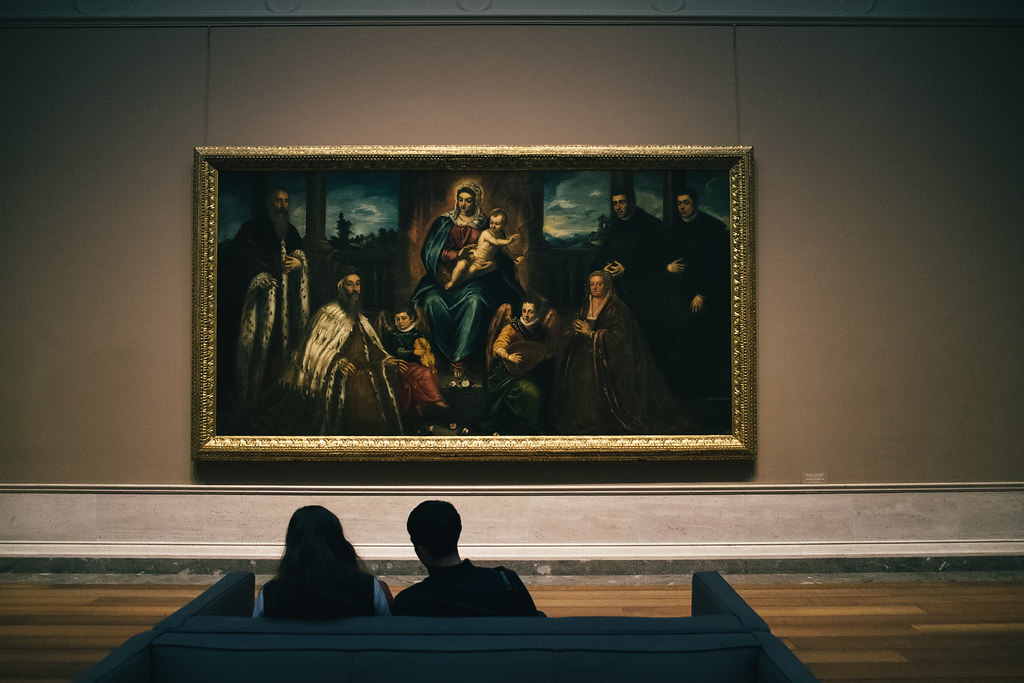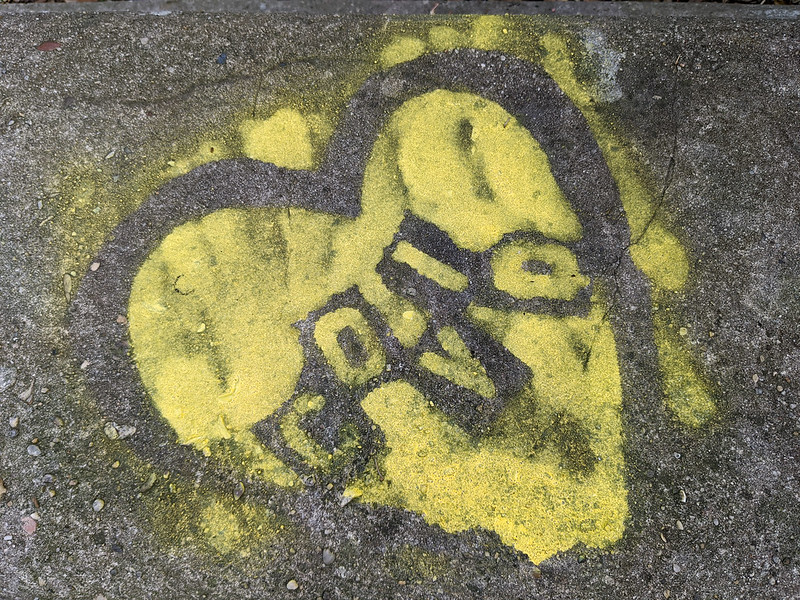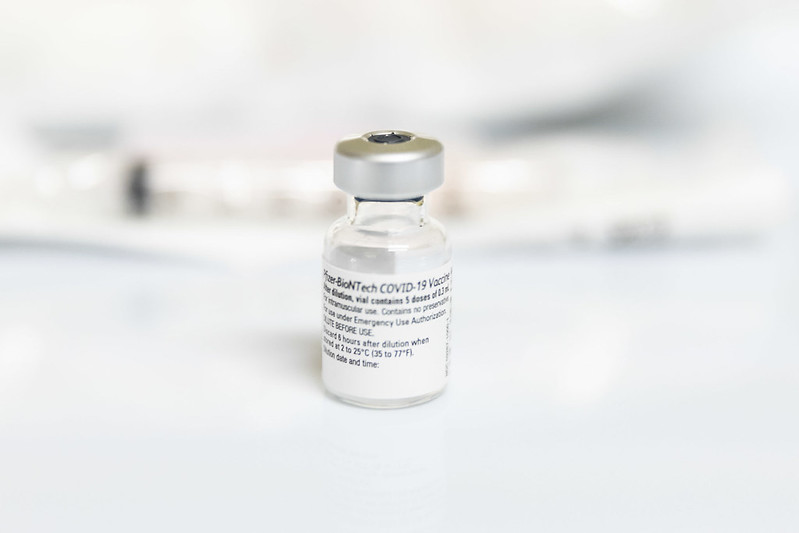Debunking the Can of Worms
Like many medical students, I am familiar with the antiparasitic medication ivermectin, a common drug taught in medical school. Ivermectin became an unexpected subject in the COVID-19 pandemic. However, after seeing a patient in the clinic taking ivermectin as an alternative to vaccination, the news hit differently.












